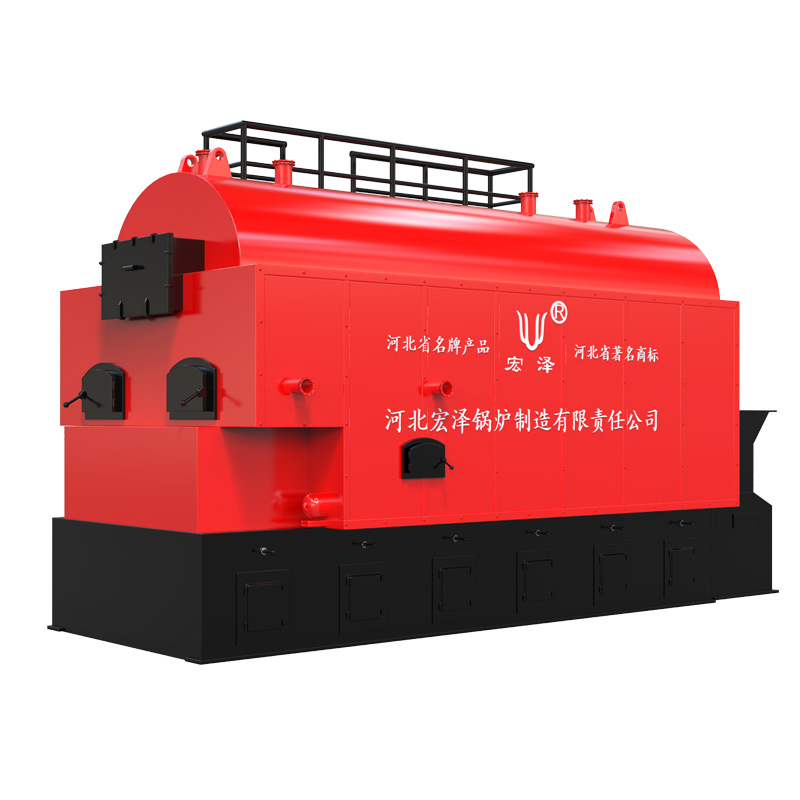
Nov . 29, 2024 18:00 Back to list
Understanding Biomass Heating Systems and Their Benefits for Sustainable Energy Solutions
What is a Biomass Heating System?
In recent years, the push for sustainable energy solutions has gained momentum, and among the various alternatives available, biomass heating systems have emerged as a viable option. A biomass heating system harnesses organic materials, commonly known as biomass, to generate heat for residential, commercial, or industrial applications. This method not only contributes to reducing greenhouse gas emissions but also utilizes renewable resources, making it an attractive alternative to fossil fuels.
At its core, biomass can include a wide variety of materials, including wood pellets, chips, logs, agricultural residues, and even certain types of waste. This versatility in feedstock allows for a localized supply chain, fostering economic growth within communities that produce biomass. By utilizing waste products and organic materials that would otherwise contribute to landfills, biomass heating systems present a practical solution to energy demands while promoting environmental stewardship.
How Biomass Heating Works
The basic principles behind a biomass heating system are relatively straightforward. Biomass materials are burned to produce heat, which can then be used to warm living spaces, heat water, or power industrial processes. The combustion process involves converting the chemical energy stored in biomass into thermal energy, releasing carbon dioxide, water vapor, and other by-products.
Modern biomass heating systems typically employ efficient combustion technologies, such as pellet stoves or boilers, designed to optimize the burning process. These systems are equipped with advanced controls that ensure complete combustion, thereby minimizing emissions and maximizing efficiency. Furthermore, many systems use automated feeding mechanisms, which allows for continuous operation and reduced manual intervention.
Advantages of Biomass Heating Systems
Biomass heating systems come with numerous advantages. One of the most significant benefits is their sustainability. Since biomass is derived from organic materials, it can be replenished over time, unlike fossil fuels which are finite resources. This characteristic ensures a more stable energy supply and contributes to energy security in the long term.
what is a biomass heating system

Additionally, biomass heating is often more carbon-neutral compared to traditional heating methods. While it does release carbon dioxide during combustion, the carbon emitted is roughly equivalent to the carbon absorbed by the plants during their growth phase. Therefore, biomass systems can contribute to a lower net carbon footprint, provided the supply chain is managed sustainably.
Cost-effectiveness is another compelling reason for the adoption of biomass heating systems. With rising energy prices, biomass can often provide a more economical heating solution, especially in regions where biomass resources are plentiful. Government incentives and subsidies further enhance the financial viability of these systems for both residential and commercial users.
Challenges and Considerations
Despite the advantages, biomass heating systems are not without their challenges. One of the primary concerns is the sourcing of biomass. Sustainable forestry practices and responsible sourcing of agricultural residues are crucial to ensuring that biomass heating systems do not inadvertently contribute to deforestation or land degradation.
Moreover, the installation and maintenance of a biomass heating system may involve higher upfront costs compared to conventional heating solutions. It is vital for users to conduct thorough research and consider long-term operational savings against initial investment costs.
In some cases, the use of biomass can lead to emissions of particulate matter and other pollutants if not managed correctly. Therefore, it is essential for operators to adhere to regulatory standards and utilize proper technology to ensure that emissions are minimized and air quality is maintained.
Conclusion
In conclusion, biomass heating systems represent a promising alternative to fossil fuel-based heating, offering a sustainable and renewable energy solution. The use of organic materials for energy production is not only beneficial for the environment but also contributes to local economies. While there are challenges associated with biomass systems, advancements in technology and practices continue to improve their efficiency and sustainability. As the world increasingly shifts towards greener energy solutions, biomass heating systems are likely to play a pivotal role in shaping the future of sustainable energy.
-
High-Efficiency Commercial Oil Fired Steam Boiler for Industry
NewsJul.30,2025
-
High-Efficiency Biomass Fired Thermal Oil Boiler Solutions
NewsJul.30,2025
-
High Efficiency Gas Fired Thermal Oil Boiler for Industrial Heating
NewsJul.29,2025
-
High-Efficiency Gas Fired Hot Water Boiler for Sale – Reliable & Affordable
NewsJul.29,2025
-
High Efficiency Biomass Fired Hot Water Boiler for Industrial and Commercial Use
NewsJul.29,2025
-
High-Efficiency Biomass Fired Hot Water Boiler for Industrial Use
NewsJul.28,2025
Related PRODUCTS






















